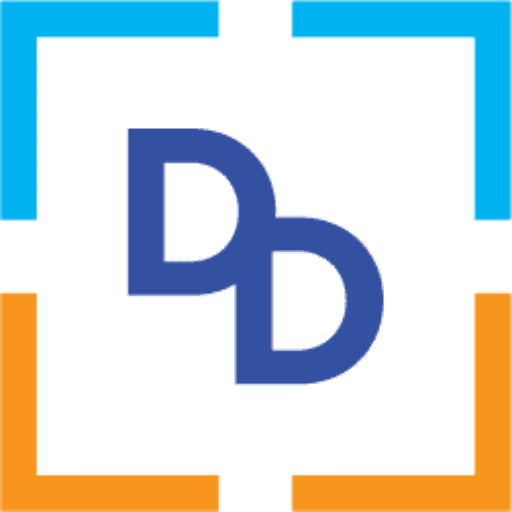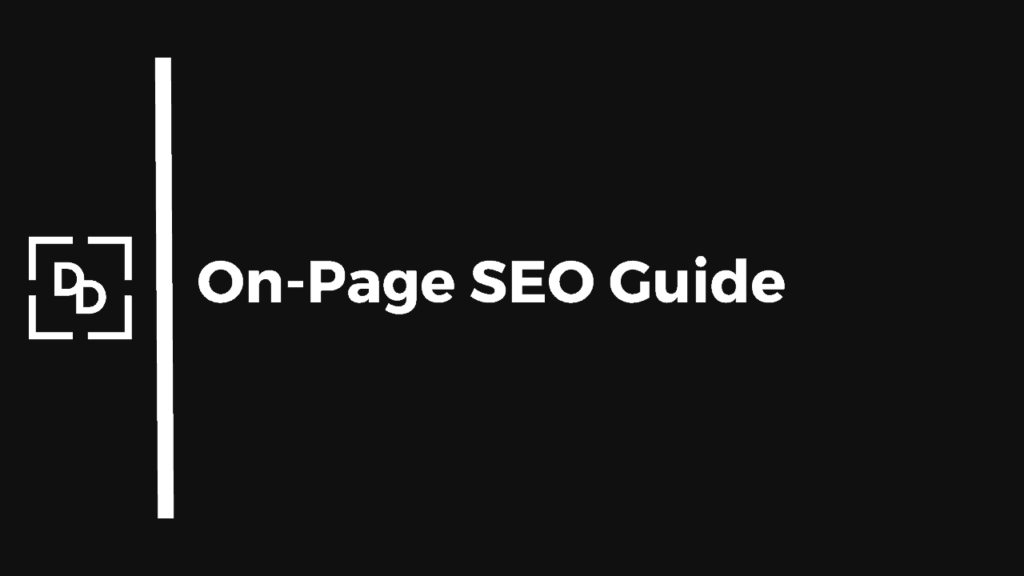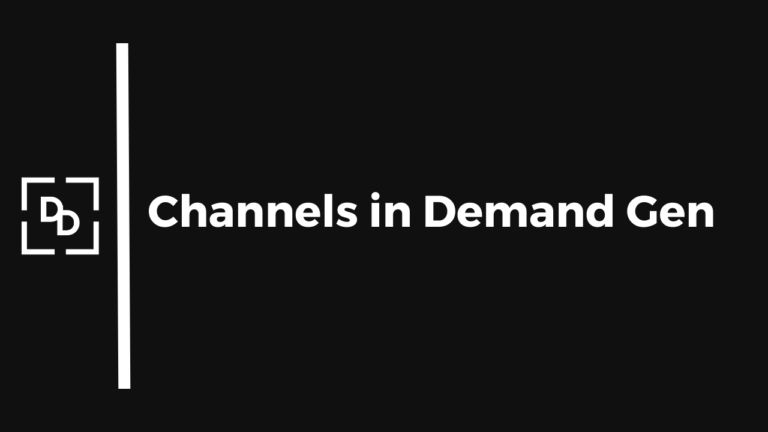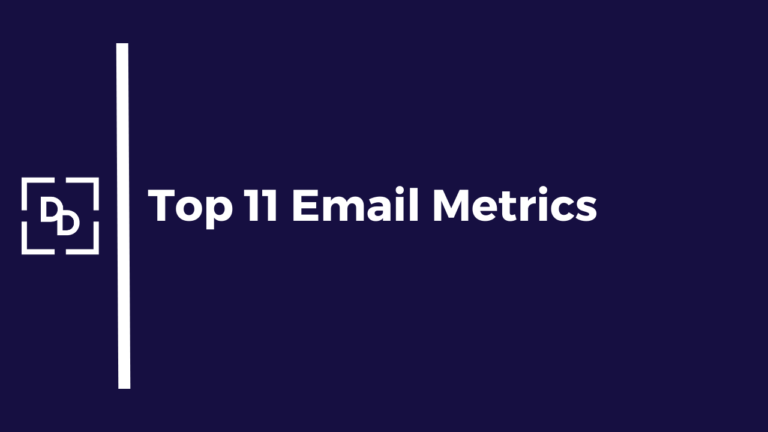What Is On-Page SEO
In our previous blog we discussed on the types of SEO and one of the most important type was On-Page SEO.
On-Page SEO is the practice of optimizing individual pages of your websites to improve search engine rankings & organic traffic.
In this blog we will discuss On-Page SEO, explore its evolution, delve into its techniques, understand its importance and provide you with the best practices to boost your website’s visibility & rankings.
Resources
Check out our guide on what is SEO and the types of SEO
Evolution of On-Page SEO
On-Page SEO has evolved over the years along with the changes in search engine algorithms and user behavior. Here are some notable milestones in the evolution of On-page SEO:
In the early days of search engines, On-page SEO focus was on keyword stuffing & meta tags.
With the advancement in technology, search engines now consider various factors when evaluating a web page like website structure, mobile-friendliness, page load speed, content readability etc.
Additionally, the rise of Voice Search & Natural Language Processing has further impacted On-Page SEO as websites must now optimize their content for long-tail keywords and conversational queries to align/match with the way users search via voice assistants on mobile devices.
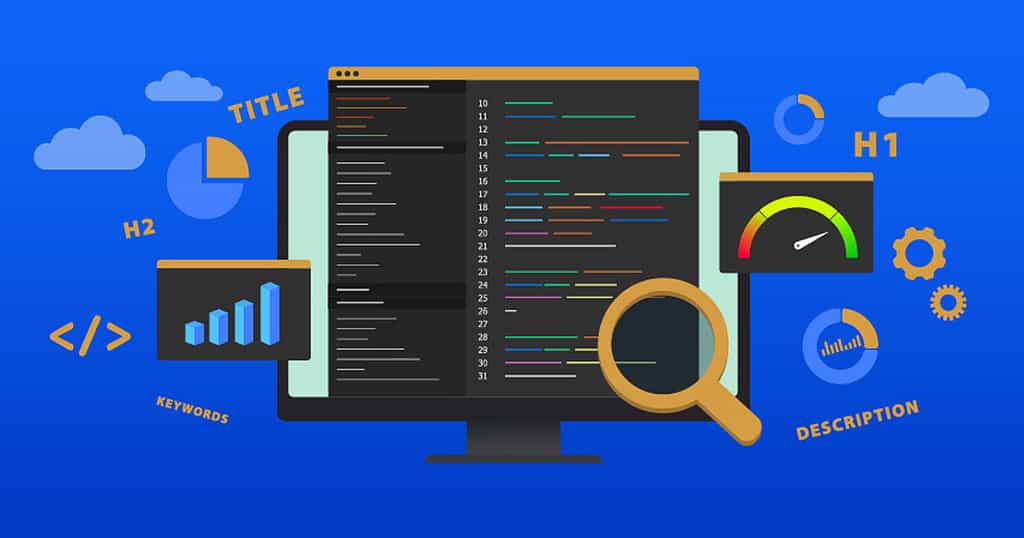
On-Page SEO In Detail
On-Page SEO, also known as On-Site SEO is the process of optimizing different front-end & back-end elements of your website so that it ranks in search engines.
On-page SEO is a vital aspect of search engine optimization that focuses on the actions taken inside your website.It helps your site to be optimized for both search engine bots & humans
On-Page SEO is called On-Page because the work you do to optimize your website can be seen by your website visitors
On-Page SEO components include the following:
Content Elements: This includes elements such as keyword optimization, quality & unique content, readability & meta tags
Site Architecture Elements: This includes elements such as url structure, internal linking, site navigation
HTML Elements: This includes elements such as title tags, Heading tags, image alt text
Fun Fact
Including descriptive alt text for images not only improves accessibility but also helps with SEO. Search engines cannot “see” images, so alt text provides context and helps them understand the content of the image
Best On-Page Techniques
Below are some tried & tested Off-Page SEO techniques that can be implemented across all niches to increase your website ranking
Keyword Research: Effective On-Page SEO starts with thorough keyword research. You need to identify relevant keywords & phrases (both long-tail & short-tail) that your audience is most likely to search for. Then add these keywords while preparing your site content to get the most relevant organic traffic
URL Structure: Create SEO-friendly URL’s of all the pages of your website that are concise, descriptive 7 include relevant keywords. Avoid using lengthy URL’s with numbers of any parameters
Title Tags: The title tag plans a key role in On-Page SEO. It is the HTML element that defines the title of a webpage. It is displayed as the clickable headline in search engine results. You should optimize the title tags by incorporate relevant keywords & keeping them unique, concise & compelling for each webpage
Meta Description: These are brief summaries that appear below the title tag in search results. They provide an overview of the page content. You should optimize your meta description by including relevant keywords & compelling language to encourage click-throughs
H Tags: Use H1,H2,H3..H6 tags to structure your page or blog content & indicate hierarchy. The H1 tag should typically include the main keyword & provide a clear heading for a page. Use other H tags to break down the content into subheadings & sections
Content Optimization: Create & publish high quality and unique content that align with the search intent of your target audience. You should add relevant keywords after doing an extensive keyword research so that you generate quality organic traffic
Internal Linking: Incorporate Internal links within your website to connect related pages & blogs. This helps search engines understand the structure of your website and improve navigation within your site
Mobile Friendliness: With the increasing use of mobile devices, its imperative that your site is mobile-friendly. Your website should be responsive, fast loading and easy navigation contributing to a positive user experience
Why is On-Page SEO important?
Effective On-Page SEO techniques help search engines attract organic traffic when they understand the context & relevance of your content. it also helps provide a better user experience leading to higher conversion rates.
Here are some of the reasons why On-Page SEO is so important:
- Improve Search Engine Rankings: Done correctly, On-Page SEO techniques help search engines understand the content & relevancy of a page or blog
- Increase Organic Traffic: When your website ranks higher in search results, it attracts more organic traffic & users are more likely to click and land on your site
- Better User Experience: A website which is mobile-responsive & optimized for page speed will enhance the overall user experience leading to longer stay on your site, lower bounce rate & higher engagement
- Enhance Content Relevancy: On-Page SEO techniques help search engine understand the relevance & context of your content. By optimizing keywords, Heading (H) tags, meta titles, meta description, URL structure etc, you ensure that the search engines crawl & index your website
- Competitive Advantage: If On-Page SEO is properly done, you gain a significant advantage over your competitors and outrank them in search engine result pages (SERP’s). This establishes your brand and builds authority
- Long-Term Benefits: SEO is a long-term game. By consistently optimizing & updating your site for On-Page elements, you can maintain & improve your site’s visibility & ranking leading to sustained & consistent organic traffic
- Better Conversion Rates: When you gain organic and relevant traffic to your website, you also stand to generate leads or make a sale boosting your conversion rates
Monitoring Competitors On-Page SEO
Keeping an eye on your competitors Title Tags, Meta Descriptions, H Tags, Mobile Friendliness, URL Structure etc is very important as it allows you to understand their strategy.
Thankfully all this can be done using a Free Chrome Extension called SEO Meta in 1 Click.
Below is a video on how to use this extension to discover all the secrets of your competitors
Summary
On-Page SEO is one of the most important things you need to do as a SEO specialist or a business owner.
By implementing the above strategies you can gain relevant organic traffic which in turn boosts your rankings on search engines and increases sales.
Remember to continously monitor & analyze your on-page SEO efforts, making adjustments as needed to stay ahead in search engine rankings.
Subscribe to our Newsletter to stay updated on all news related to this topic. If you have any questions, email us on mail@digital-doorway.com
Frequently Asked Questions
The primary benefit of On-Page SEO is:
- Higher organic clicks
- More web pages indexed
- Improved conversion rates
- Better user experience
- Long-term value
- & more...
On-Page SEO helps search engines analyze your website and the content on your site. This helps search engines show your website when it matches a search query on the web.
On-Page optimization techniques refer to those steps you take to within/inside your website in order to improve its position in search engine result pages
Need Help?
Interested in scaling your business or get started in Digital Marketing?

